This book examines the major armed conflicts in South Asia. The articles study conflict management, look at the direction the armed conflict is likely to take and provide a set of alternative measures that could be pursued by the actors.
Designed as an annual series, the articles provide a brief historical sketch of the emergence of armed conflict, outlining its various phases. This volume examines the various armed conflicts in South Asia in 2009 – in Afghanistan, FATA and NWFP, J&K, North-East India, Nepal and Sri Lanka, and sectarian and Naxalite violence in Pakistan and India respectively. The volume also includes an exclusive chapter on the continuing story of suicide terrorism in Pakistan.
This important collection discusses India’s geo-strategic importance and its common borders with its neighbours; the psychological and economic costs of violence and the problem of refugee migrants; treaties, memorandums and ceasefire agreements signed over the past several years across countries; the role of the United Nations and other peacekeeping forces; and the future of failed and failing states.
ABOUT THE AUTHOR D Suba Chandran
D. Suba Chandran is Assistant Director at the Institute of Peace and Conflict Studies (IPCS), New Delhi. He works on Kashmir, Pakistan, Indo-Pak relations and Suicide Terrorism and his recent publications include: "India and Armed Non-state Actors in the Kashmir Conflict," in WPS Sidhu et al, ed., Kashmir: New Voices, New Approaches (Boulder: Lynne Rienner, 2006) pp. 80-107; "Pakistan's Endgame in Kashmir: India's Options," Indian Foreign Affairs Journal, Vol. 1, No. 3, July-September 2006, pp. 85-103; Limited War: Revisitinjg Kargil in Indo-Pak Conflict (New Delhi: India Research Press, 2005); and Indo-Pak Conflicts: Ripe to Resolve? (New Delhi: Manohar Publishers, 2005) (Co-authored).
ABOUT THE AUTHOR P.R. Chari
P.R. Chari, former member of the Indian Administrative Services, has held several important positions including Additional Secretary, Ministry off Defence and Director, Institute of Defence Studies and Analyses. He was International Fellow, Centre for International Affairs, Harvard University, and is currently Director of the Institute of Peace and Conflict Studies (IPCS). He has worked extensively on nuclear disarmament, non-proliferation and Indian defence issues and is the author of many distinguished publications.

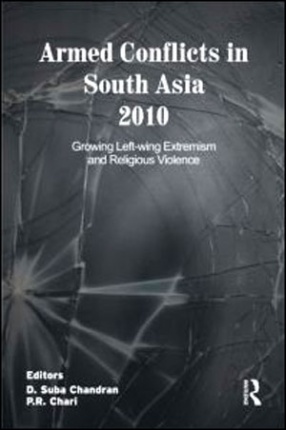
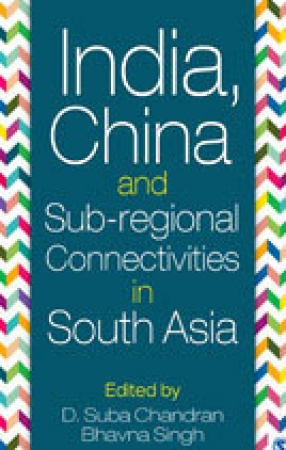
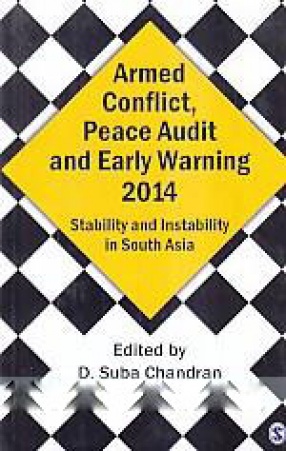
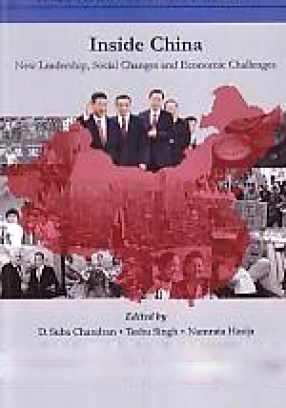
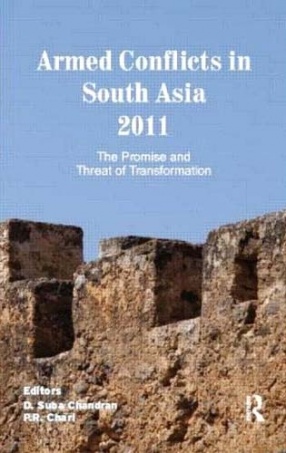
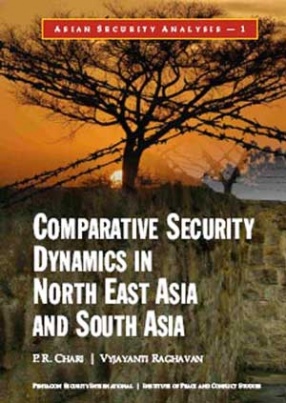
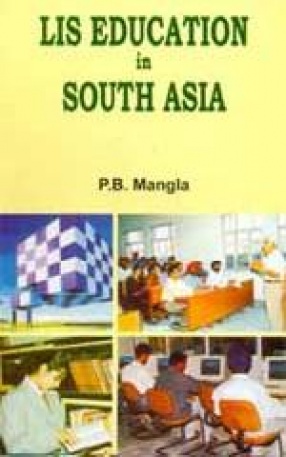
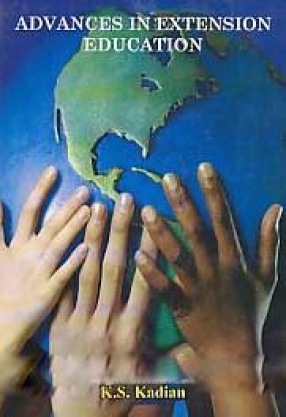
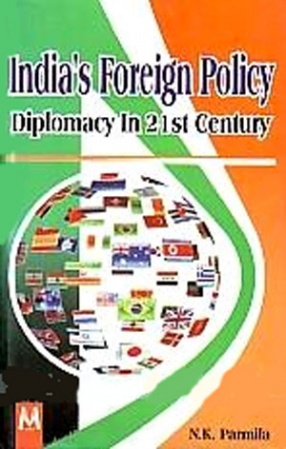
There are no reviews yet.